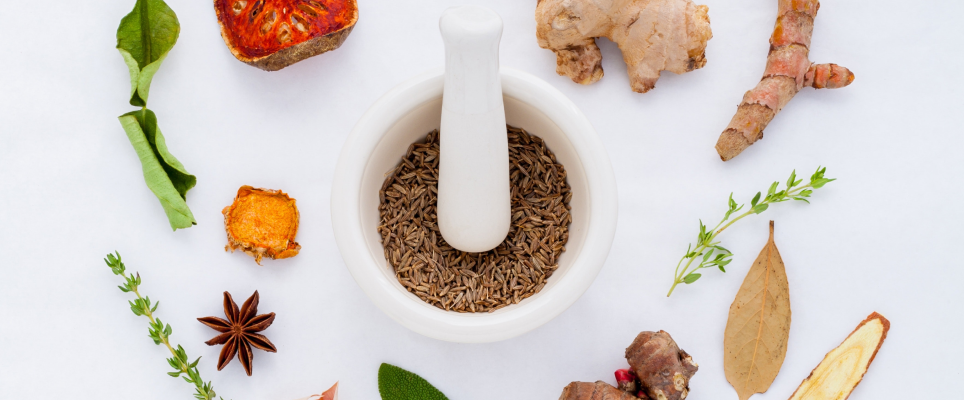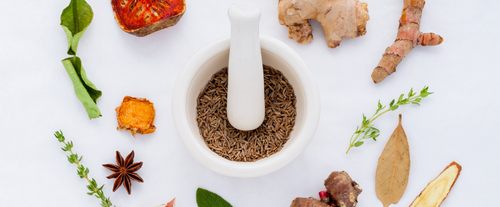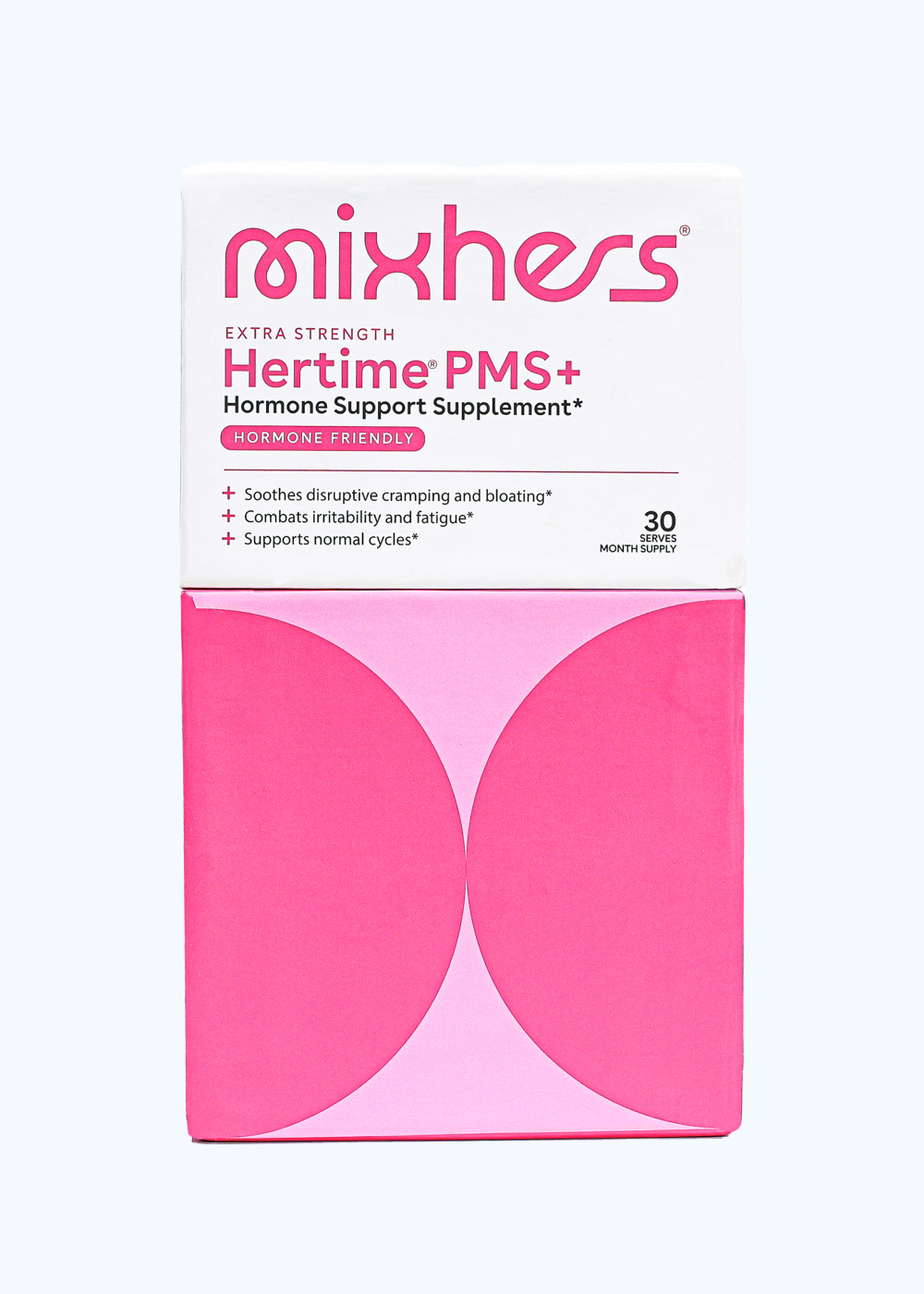Menopause is a natural phase in a woman's life that marks the end of her reproductive years. While it is a milestone worth celebrating, it comes with a range of less-than-enjoyable symptoms, including hot flashes, brain fog, weight gain, joint pain, and more. Research shows the massive impact menopause has on women's health.
Thankfully, there are natural plant-based supplements and vitamins that can offer much-needed relief during this transitional period.
In this article you will find the best overall vitamins for menopause as well as the best menopause supplements for specific symptoms including
- Hot flashes
- Brain fog
- Weight gain
- Joint pain


























